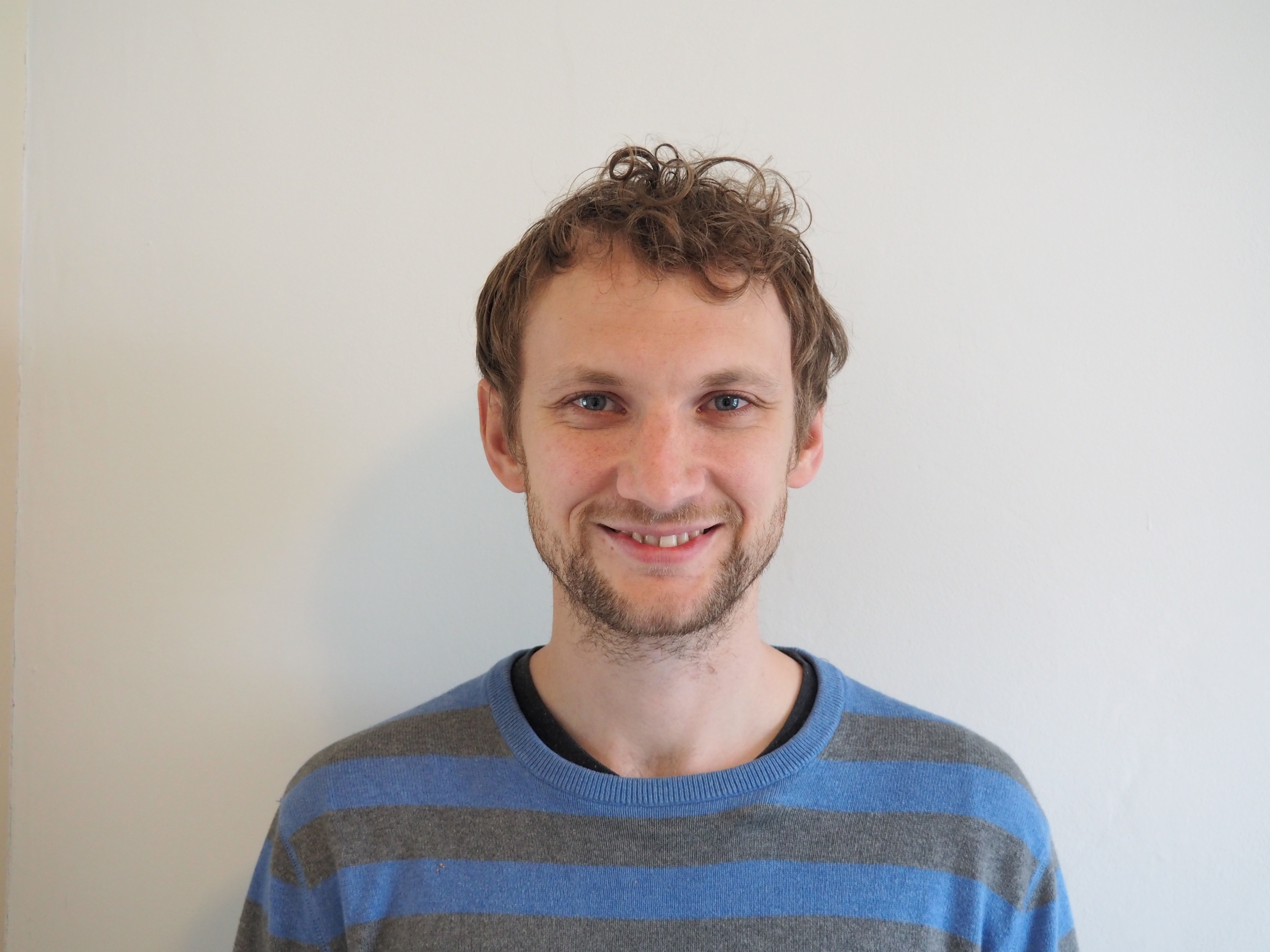Peter Berrill
I am an assistant professor of Industrial Ecology at the Institute of Environmental Sciences (CML) at Leiden University. Currently I teach Material Flow Analysis 1 in the winter term (Jan-April).
Previously I was a Marie Skłodowska-Curie Actions Individual Fellowship researcher at Technische Universität Berlin, and a guest researcher at MCC Berlin, currently working on the project Sustainable Urban Form For Integrated Climate Change Solutions (SUFFICCS). SUFFICCS (2021-2024) main aims were integrating the modelling and understanding of service levels, energy demand, and emissions from buildings and transport sectors in urban areas. Urban form constitutes the main connection between these sectors, as they jointly produce, and are influenced by urban form.
I am a contributing author to the IPCC Assessment Report 6 Working Group 3 Buildings chapter. This is the first IPCC Buildings chapter to review evidence on sufficiency strategies to climate change mitigation.
I earned my PhD at the Center for Industrial Ecology at Yale School of the Environment, graduating in June 2021 with a dissertation titled ‘A comparison of strategies for mitigation of lifecycle greenhouse gases from residential buildings in the United States’. I have a Masters in Industrial Ecology jointly awarded in 2015 by University of Graz and Leiden University.
I am an active member in the International Society for Industrial Ecology since 2016, where I am member of the nominating committee. I served on the board of the Life Cycle Sustainability Assessment section in 2023.
A recent CV can be found here
Research
I do research on anthropogenic activities linked to climate change, and on decarbonisation pathways.
My research has three main themes:
- Integrated analysis of energy and emissions from buildings and transport sectors, connected by their joint dependence on urban form
- Sources and drivers of energy/material demand and emissions, and decarbonisation pathways in buildings
- Life Cycle Analysis of energy systems
Further information on each research theme can be found in the Projects and Publications pages.
Methods
My academic background is in Industrial Ecology, which encourages e a systems thinking perspective for all research topics. I employ a number of different research methods and tools, depending on the research project, and nature of the research question. These include:
- Energy System Analysis
- Life Cycle Analysis
- Material Flow Analysis & Dynamic Stock Modelling
- Environmentally Extended Input Output Analysis
- Index Decomposition Analysis
- Machine Learning (gradient-boosted decision trees)
- Other statistical methods
